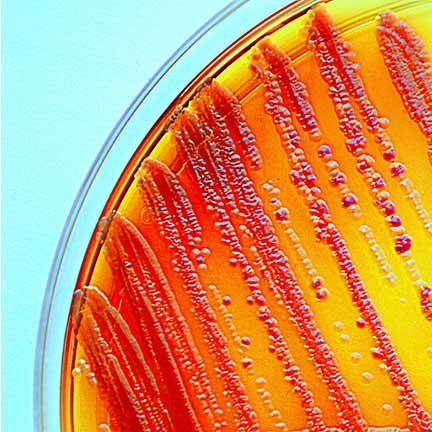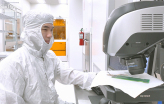Comprehensive Stroke Center Earns Gold Recognition for Patient Care
When someone experiences a major stroke, almost two million nerve cells in the brain die each minute, emphasizing the need for rapid treatment. Stroke patients who receive life-saving interventions more quickly have a higher chance of recovery. A recent data analysis showed the Comprehensive Stroke Center at UC San Diego Medical Center exceeded national average treatment times, and as a result, has received a “Get With The Guidelines-Stroke Gold Plus Quality Achievement Award” from The American Heart Association and American Stroke Association (AHA/ASA).













